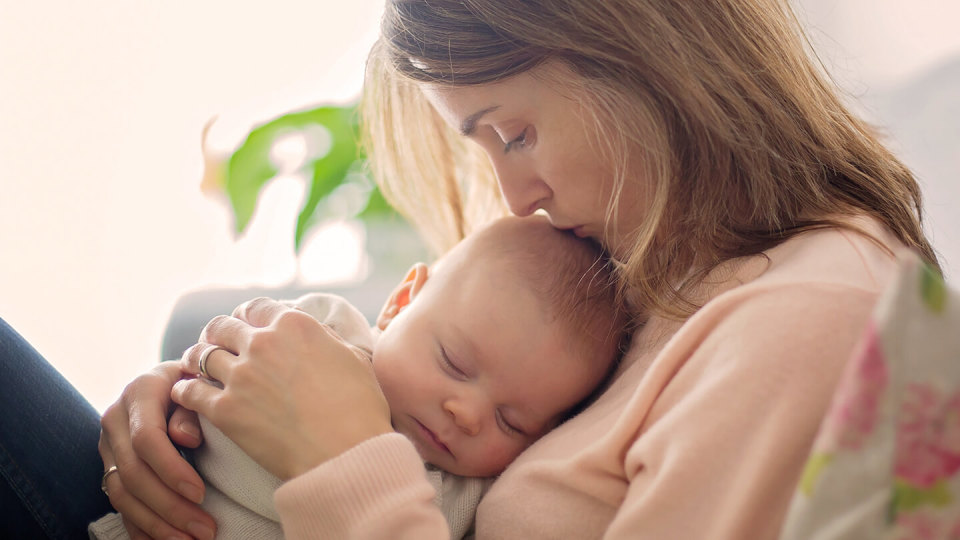Medical Negligence
Introducing Kim Burns – Midwife and Health Visitor
Kim Burns, Litigation Midwife is a Nursing and Midwifery Council registered midwife, health visitor and community nurse prescriber and works alongside our medical negligence team.
27 October 2023

Kim Burns, Litigation Midwife is a Nursing and Midwifery Council registered midwife, health visitor and community nurse prescriber. She is a member of the Royal College of Midwives and Institute of Health Visitors. Kim reviews and assists lawyers at Slater and Gordon with birth and early childhood, clinical negligence cases.
Get to know Kim
Kim has worked for three NHS Trusts in the North West of England, in the community, delivering care and community clinics in client’s homes, hospitals, GP surgeries and children’s centres.
Kim specialises in community midwifery care. She also has a passion for early parenthood and support, and particularly early childhood development. Kim works in a bank capacity for a local Trust to maintain her skills and keep up to date with practice. Kim regularly attends medical conferences including conferences arranged by Group B Strep Support (GBS). Kim explains that it is fundamental that parents are provided with information about GBS in order to provide them with confidence to raise their concerns and knowledge so that they are able to make quick decision to seek help when this is needed.
Kim has provided the following key tips, advice and information regarding GBS.
Why is it so important for everyone to know about GBS?
Being aware of GBS means that we can all share knowledge with others – colleagues who are expecting a baby, friends who may share that they are going to be grandparents, couples who may be fostering a newborn baby. The opportunities to share knowledge and save the lives of babies is endless.
What are the effects of GBS?
GBS is the leading cause of severe infection in newborn babies. GBS infection can cause sepsis, pneumonia and meningitis. GBS infection can make a baby very unwell. However, with prompt treatment, most babies will make a full recovery.
Around 70,000 live babies are born in the UK and Republic of Ireland every month. 66 babies are diagnosed with GBS infection every month and 56 of these babies will make a full recovery. 4 babies will very sadly die from their GBS infection and 6 babies will survive with long term physical or mental health disability caused by the brain injury GBS leaves them with.
This has a huge impact not only on a child, but the whole family.
Yet, GBS infection IS preventable.
Can GBS infection be prevented?
Knowledge and awareness of GBS are key. GBS awareness month is very important as is openly talking about GBS with families.
Antenatal screening and testing is fundamental and it is also essential that women are aware of their GBS history from previous pregnancies and discuss this with their midwife or obstetrician.
What can I do to help prevent GBS?
GBS can spread through close contact and so people should wash and dry their hands before touching or holding newborn babies. It is important to be respectful of boundaries and to support parents who do not want their baby to be passed around at a family event.
It is also important not to visit a newborn baby if you feel unwell and to tell new parents if they think the baby may be unwell and what your thoughts are (tactfully!) as this could save lives.
GBS should always be kept in mind. It is important that parents ask themselves, ‘Could this be GBS?’ and feel confident to raise this with medical professionals.
GBS and clinical negligence claims
Carrying GBS is no one’s fault, but if a baby contracts GBS and guidelines are not followed, we can look at investigating a clinical negligence claim, as GBS remains a preventable infection.
As a litigation midwife and when reviewing a case, I consider the following:
- Were the guidelines followed in relation to previous GBS status or a previous baby affected with GBS?
- Were any urine or swab results followed up or acted upon?
- Was mum informed of a new GBS status and care plan made accordingly?
- Were guidelines followed when mum presented with ruptured membranes?
- Were antibiotics given in labour if pre-term?
- Was a baby appropriately monitored post birth? Were neonatal IV antibiotics required?
The charity, Group B Strep Support has excellent information leaflets for clinicians and patients that are used at several NHS Trusts and their campaigning has ensured that the latest Core Competency Framework for all NHS maternity healthcare professionals specifically includes training on GBS prevention and treatment.
If you or your baby has been affected by GBS infection and you believe that the care/treatment that you received from your medical professionals may have been substandard, please contact Laura Preston at ljpreston@slatergordon.co.uk. Laura is a medical negligence expert with a special interest in GBS cases and sits on the GBSS legal expert panel.